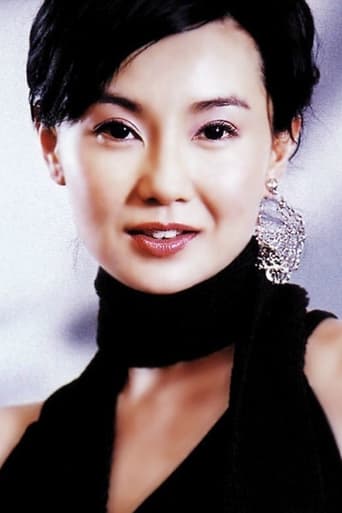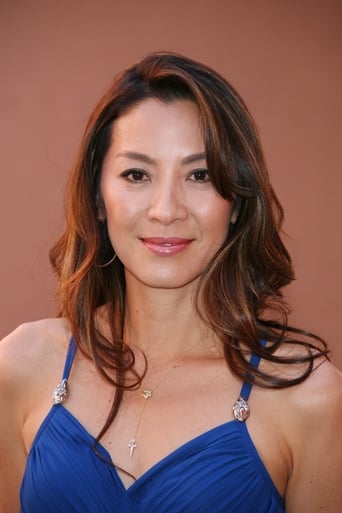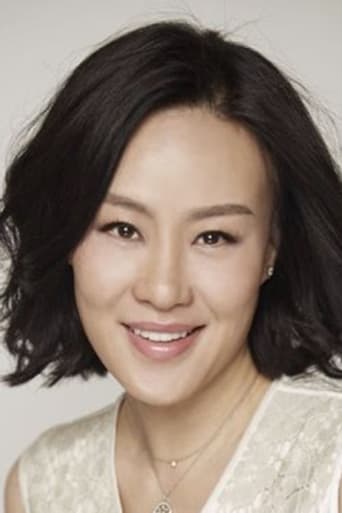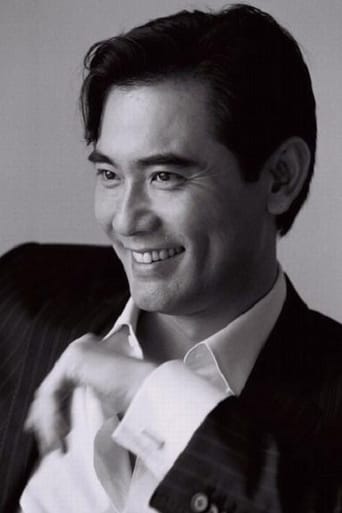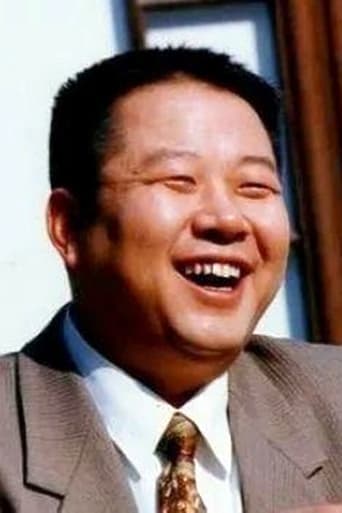ReaderKenka
Let's be realistic.
Phonearl
Good start, but then it gets ruined
ShangLuda
Admirable film.
Fleur
Actress is magnificent and exudes a hypnotic screen presence in this affecting drama.
Kahuna-6
Showing history accurately with all its complexities in a movie under a couple of hours will always be challenging. Mabel Cheung should be commended for trying.Her attempt to tell the story of the birth of the Chinese Republic through the three Soong sisters succeeded as a engaging watchable movie. But unfortunately it fails to be a masterpiece that the material demands.Here is a drama of a vast nation struggling to come to terms with itself and with the rest of the world (which was either benign or well meaning). Yet the story was told more like a soap opera of three rich but rather spoiled girls. The argument between the wife of Sun Yat- Sen, Ching Ling, and wife of Chiang Kai Shek, Mei King, at one point was presented as a sibling rivalry as who gets to be the First Lady of China.For the technically inclined, the film editing can be better. While trying to juxtapose a Peking opera performance with the escape of Soong Ching Ling from hostility, instead of emphasizing the drama, the cut & jump seem to be disjointed. The action sequences also lack authenticity and pace.Watch this movie as entertainment, you will be rewarded with beautiful art direction, good photography and overall superb acting (with a very convincing performance by Jiang Wen as Charlie Soong).
skyhouse5
It is interesting, and logical of course, that the reaction to this Hong Kong flick ranges from anathema to anthem, but, for overseas Chinese who neither speak the lingo nor are too familiar with the facts, this "Soong Dynasty" cinematic fable is more than watchable. That it is more fable than fact is readily obvious, yet the fable is more than entertaining. It is doubtful in the extreme, that Ching-ling survived miscarriage and 42 days sloshing through the marshes as portrayed, but until a more sober and satisfactory account of Mme. Sun's life and accomplishments are on the film record, this portrait will have to do. The production is super, even if the glib pictorials may off-put in their slick projections. And, finally, from this perch, one of the most engaging sidelights here is the wondrous staging of the opera house, wherein Chiang Kai-shek ogles and woos May-ling. I found myself wishing the principals would get out of the way to let the opera speak for itself in toto. Reminded me of how Hollywood always cut away from more interesting spectacle to zoom in on the treacly romance of the overpaid and under-talented "stars." Oh, well, you can't have everything, and there was enough of the opera and its stellar performers, inter-cut nicely with war footage. Soneone should make a film about Chinese opera, and I don't mean that saga about the two star=crossed Peking Opera stars, and especially not that impossible restaging of that improbable romance between a French diplomat and a cross-dressing starlet.
emuir-1
Although this film glosses over the real facts, it is nevertheless an interesting look at the astonishing lives of three famous sisters who whether because of, or despite, their unusual Christian US college educated upbringing, married major players in China's 20th century history, and an interesting comparison to "The Last Emperor" which dealt with the same period of China's history. Any film about women, made by a woman, suffers from a bias, and this film is no exception. No mention was made of the three brothers, or what became of them. Because the rise of the sisters was due in no small way to their father's conversion from a young Chinese shop assistant to an American educated Christian minister, subsequently making a fortune printing bibles, I would have liked at least a prologue showing his extraordinary progress. Not only was their father a Methodist Minister but he had a very western progressive outlook, and judging by their lack of filial piety - spoiled his girls rotten. Of the three girls, only Ching-Ling comes across as sincere, the others appear motivated by greed and power. This slant may of course be due to the mainland Chinese influence. Overall, the film can be summed up as a spectacular epic romance.
Yongwook Yoo
Mabel Cheung's abuse of her talents for a tribute(or bribery) to main China. Her femini-nationalism has shifted from warm and sympathetic episodes of Chinese emigrants to a bravado of Song sisters' historic activities during the political turmoil of modern China. Kitaro's music and all-star castings are just a whip of exceedingly sweet cream decorated on a clumsy cook's cake, in order to hide the black burnt sides. They did not want cream but cake for the celebration of Chinese retrieval of Hong Kong!
